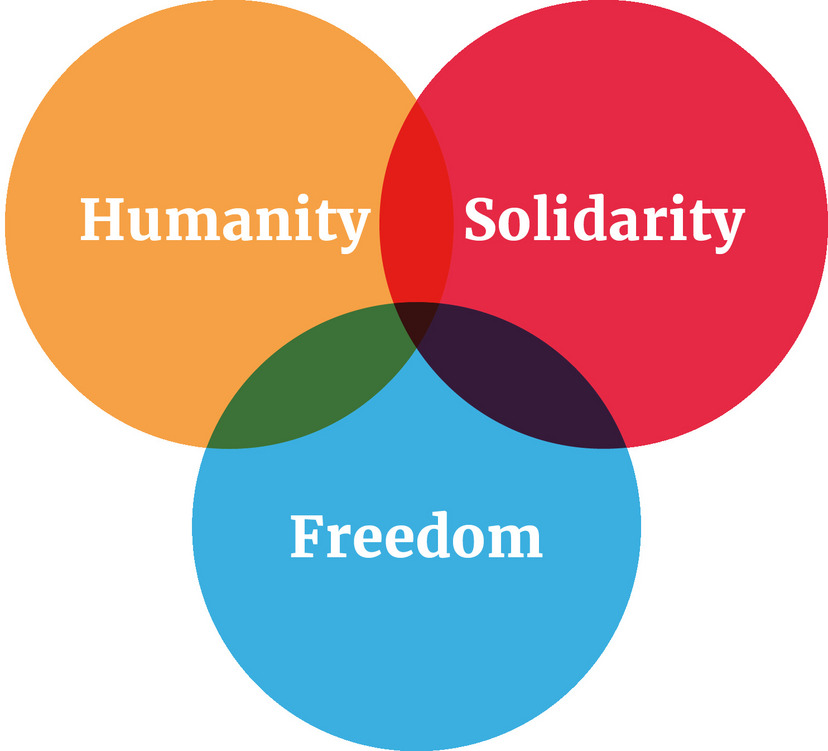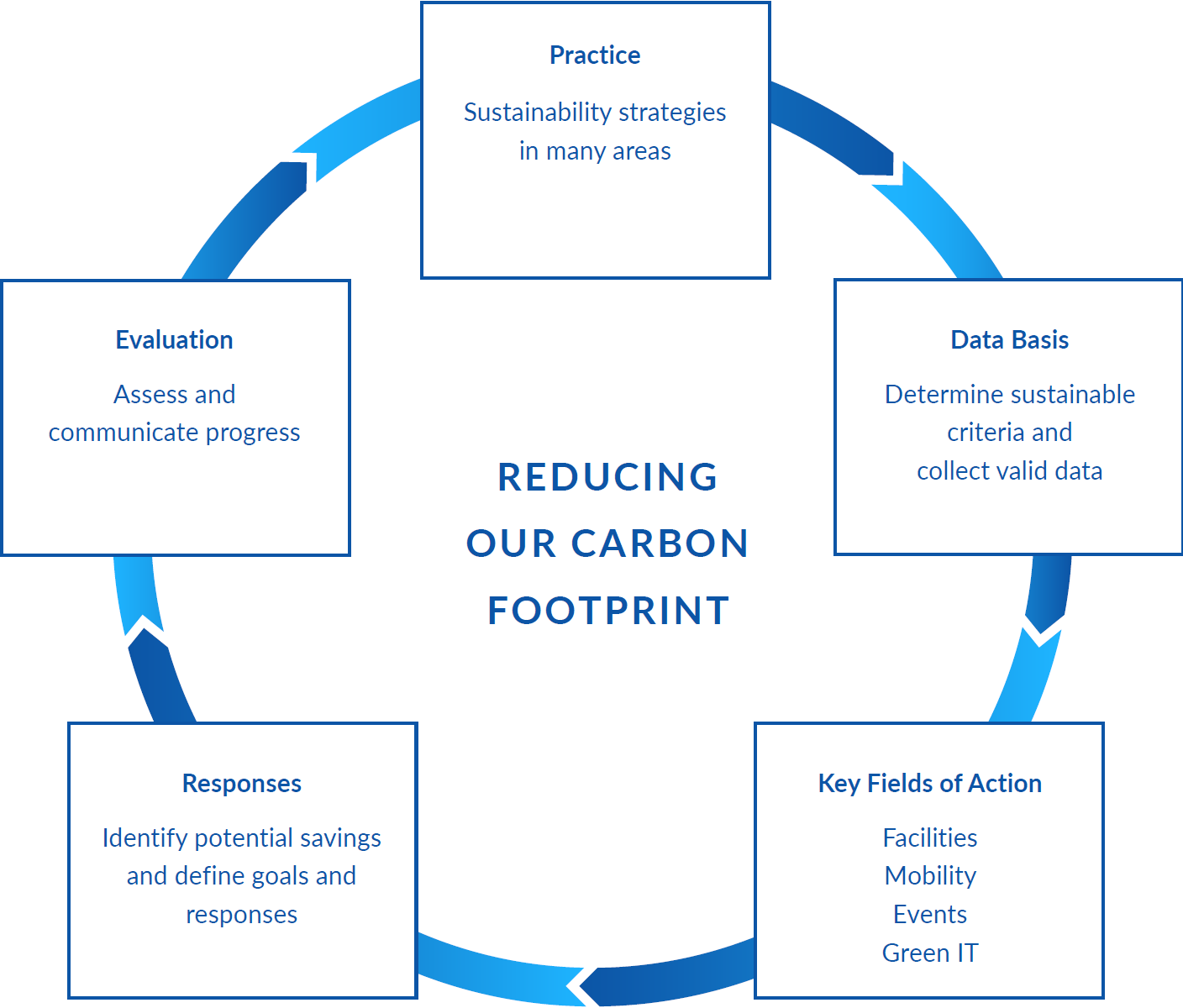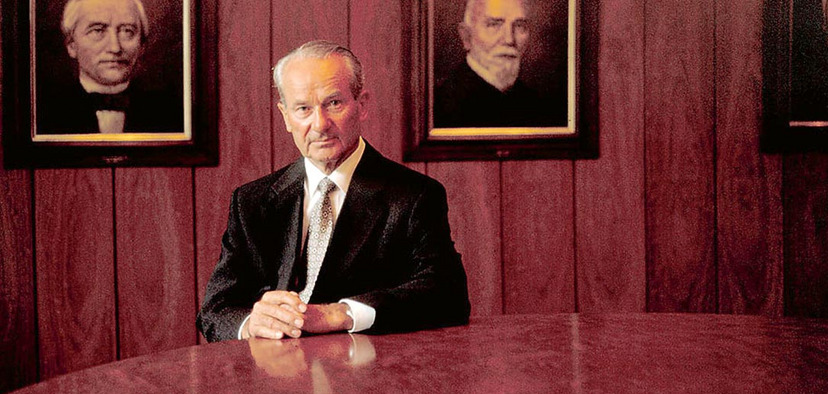That phrase sums up the work carried out by the Bertelsmann Stiftung. As we see it, if everyone is to participate then everyone must have the ability to get involved and society must offer all of its citizens the chance to succeed. Germany currently faces a number of daunting challenges resulting from globalization, demographic change, the growing diversity of the country's population and its ongoing development into a knowledge-based society. The Bertelsmann Stiftung's programs are therefore designed to strengthen society and help individuals reach their full potential by developing the resources needed to achieve those goals.
Freedom, solidarity and goodwill are the values that underlie our work and determine our goals.
![[Translate to English:] Mehrere Jugendliche stehen im Kreis und legen in der Mitte des Kreises ihre Hände aufeinander, um Verbundenheit und ein Teamgefühl auszudrücken.](/fileadmin/files/_processed_/6/c/csm_1188055490Fotolia_45835871_X_eaaf0ab510.jpg)





